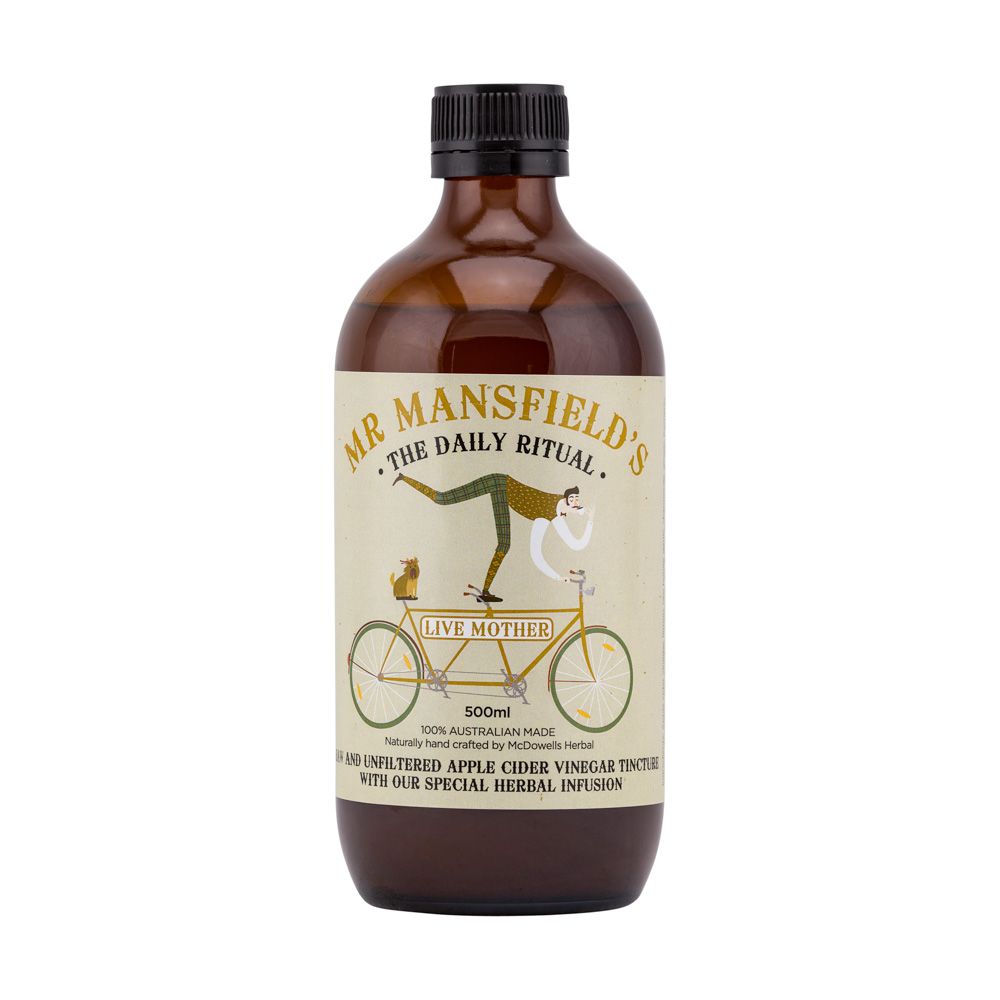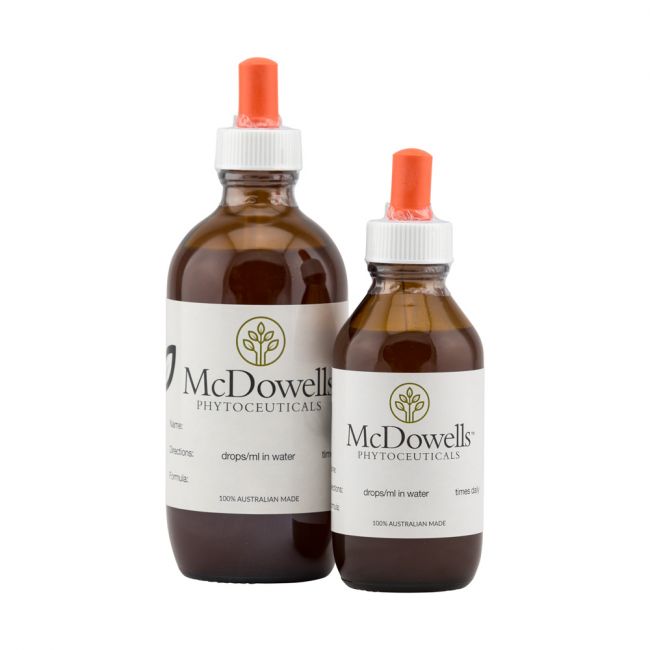Yes, maintaining a healthy diet can support and strengthen your immune system! We have a responsibility to care for our bodies and enhance our body's natural immune system and make it as strong as it possible...

The immune system is complex, and the interplay between these factors is multifaceted. Maintaining a healthy lifestyle, including a balanced diet, regular exercise, good sleep, stress management, and avoiding harmful habits, can help support optimal immune function.
Modern day living with its increasingly sedentary lifestyle and excessive consumption of processed foods, depresses the immune system and plays havoc with our ability to fight illness and disease. Individual factors and genetic predispositions also play a role.
Several factors can impact the immune system, either positively or negatively. Some key factors that can influence immune function:
- Diet and nutrition
- Lifestyle habits
- Age
- Sleep
- Stress
- Environmental factors
- Microbiome and gut health
- Medical conditions and medications
How can our diet impact immunity?
Refined flour, white sugar, processed and canned foods, deep fried foods and processed meats can damage your health and depress immunity. Minimise the consumption of sugary beverages, sweets, processed snacks, and fast food.
Eating foods in their most natural forms like whole grains, fruits, vegetables, nuts and seeds is the easiest way to enhance it.
Fruits and Vegetables
Fruits and vegetables are rich in vitamins, minerals, and antioxidants that support immune function. Aim for a diverse range of colourful produce and include leafy greens, berries, citrus fruits, cruciferous vegetables (such as broccoli and cauliflower).
Lean Proteins
Protein is essential for immune health as it provides the building blocks for immune cells. Include lean sources of protein in your diet, such as poultry, fish, legumes, tofu, and natural Greek yogurt.
Healthy Fats
Omega-3 fatty acids, found in fatty fish (such as salmon and sardines), walnuts, flaxseeds, and chia seeds, have anti-inflammatory properties and support immune function. Additionally, include sources of monounsaturated fats, such as avocados and olive oil, which have been associated with improved immune response.
Whole grains
Whole grains like quinoa, brown rice, oats, and whole wheat bread provide fibre, vitamins, and minerals that support overall health and immune function. Choose whole grains over refined grains for better nutritional benefits.
Fermented foods
Fermented foods like yogurt, kefir, sauerkraut, and kimchi contain beneficial bacteria that support gut health. A healthy gut microbiota is linked to a stronger immune system, so try to incorporate fermented foods everyday.
Hydrate!
Drink plenty of fluids, primarily water and herbal teas. Hydration helps in maintaining the overall function of the immune system.
Limit sugars and processed foods
|High intake of added sugars and processed foods can contribute to inflammation and weaken immune function.
Herbs and spices
Certain herbs and spices have immune-boosting properties. Examples include garlic, ginger, turmeric, and cinnamon. Incorporate them into your meals to add flavour and potential health benefits.



